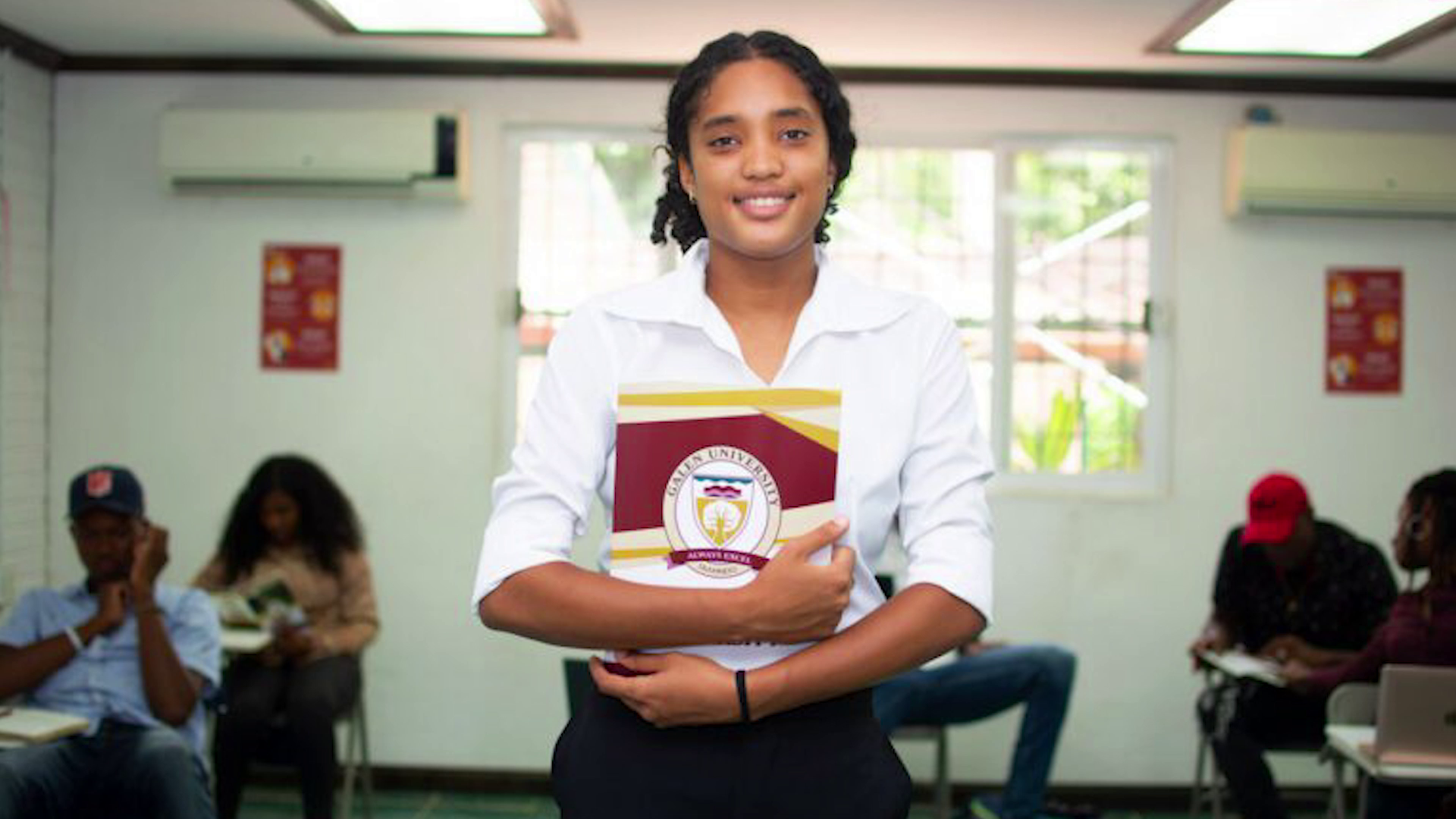Textbooks? Still important. But these days, more students are turning to tech, specifically AI tools like ChatGPT, to help with everything from homework to full-blown research papers. It’s a digital shift that’s changing the way classrooms work, and while it’s opening up exciting new possibilities, it’s also raising some tough questions. How do educators keep up? How do they make sure students are still learning the skills they need, not just copying and pasting answers? From Florida to Belize, teachers are rethinking how they teach, how they assess, and how they prepare students for a world where AI is here to stay. Paul Lopez has the story.
Paul Lopez, Reporting
These days, students aren’t just turning to textbooks, they’re turning to tech. From homework help to full-blown research papers, large language models like ChatGPT are becoming go-to tools in classrooms around the world. But while technology is opening new doors for learning, it’s also raising some big questions. How do educators strike the right balance between embracing innovation and ensuring academic integrity? Lee McLoughlin, who teaches Anthropology and Geography online at Florida International University, is one of many educators navigating this new digital frontier.
Lee Mcloughlin, Lecturer, Florida International University
“In 2022 bang, all of the language started changing and all the answers starting sounding the same and I was working with the professors there and something to change. Obviously paying attention to what is happening in the news and Chat GPT is becoming more and more wide spread and trained as more and more people using it and students were using it to feed the questions into the and copy and pasting the answers coming out on the other side. Obviously, that is a problem.”
One of the biggest concerns with students leaning too heavily on AI tools like ChatGPT? Plagiarism. It’s becoming a real issue in classrooms. And it’s not just about copying and pasting. As the Program Coordinator for Criminal Justice at Galen University points out, when students rely entirely on large language models, they miss out on building the critical thinking and writing skills they need to succeed, not just in school, but in life.
Zain Dueheney, Program Coordinator, Galen University
“When you enter the workforce, you kind of short change yourself in terms of your viability in the workforce you are cheating yourself in terms of your viability in the workforce. You are cheating yourself out of those skill sets that you would have developed if you do it correctly. Because, you take professions such as engineering, social work, these require to be intimately involved with persons you are working with. And, people will see through you day one.”
Let’s face it, AI tools like ChatGPT aren’t going anywhere. In fact, they’re only getting smarter. And educators like Dale McDougall, an Adjunct Lecturer at Galen University, are leaning into that reality. Instead of fighting the tech, he’s rethinking how he teaches.
Dale McDougall, Adjunct Lecturer, Galen University
“Teachers are now required to try and think out of the box. How is it that we can have students use A.I. as a tool rather than a replacement. And, I have my own mechanisms that I use for my course. For example, I start off with different types of assessments to determine students writing styles early in the term.”
“If we suspect that they just copy and paste, one of the measures we take is to ask them for a one-on-one meeting and ask them to verbally express why they have written why they have written.”
Sure, AI in the classroom is shaking things up, but educators aren’t backing down. In fact, many are stepping up, becoming part-time tech experts just to keep pace. Still, there’s a growing call for clearer guidelines and more open conversations about how tools like ChatGPT should be used in schools. And as Dr. David Aguilar, Computer Science Coordinator at Galen University, puts it, this tech is evolving fast. That means the education system must stay flexible, ready to adapt as the digital landscape keeps changing.
Doctor David Aguilar, Computer Science Coordinator, Galen University
“So we are trying to guide students through a forest we have not been through ourselves yet. so, it is tricky. We need to be in our game. we need to be creative in our own approach. We need to see where the world is going so that we can move in that direction. Mister McDougal talked about editing his assessment to make sure he gets what he wants out of his students. I think that is the way it has to be. We cant do things the way we have been doing them so far. We will be stuck in the past. We cant jump too far ahead. The technology might go in a direction we did not expect. So, we have to be adaptive. I think that needs to be the key word.”
So, the classroom is no longer just about administering lesson plans and issuing grades. It is an entirely new landscape where humans and machines must coexist. Reporting for News Five, I am Paul Lopez.
